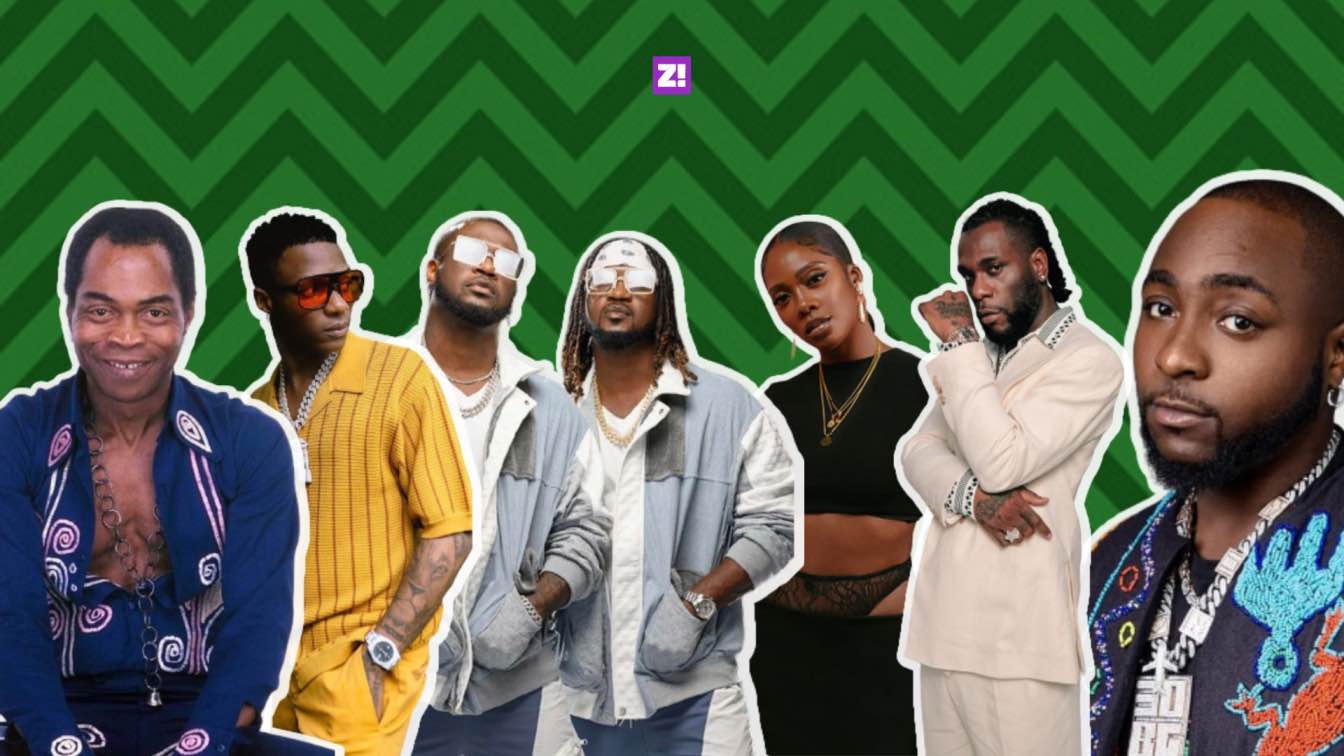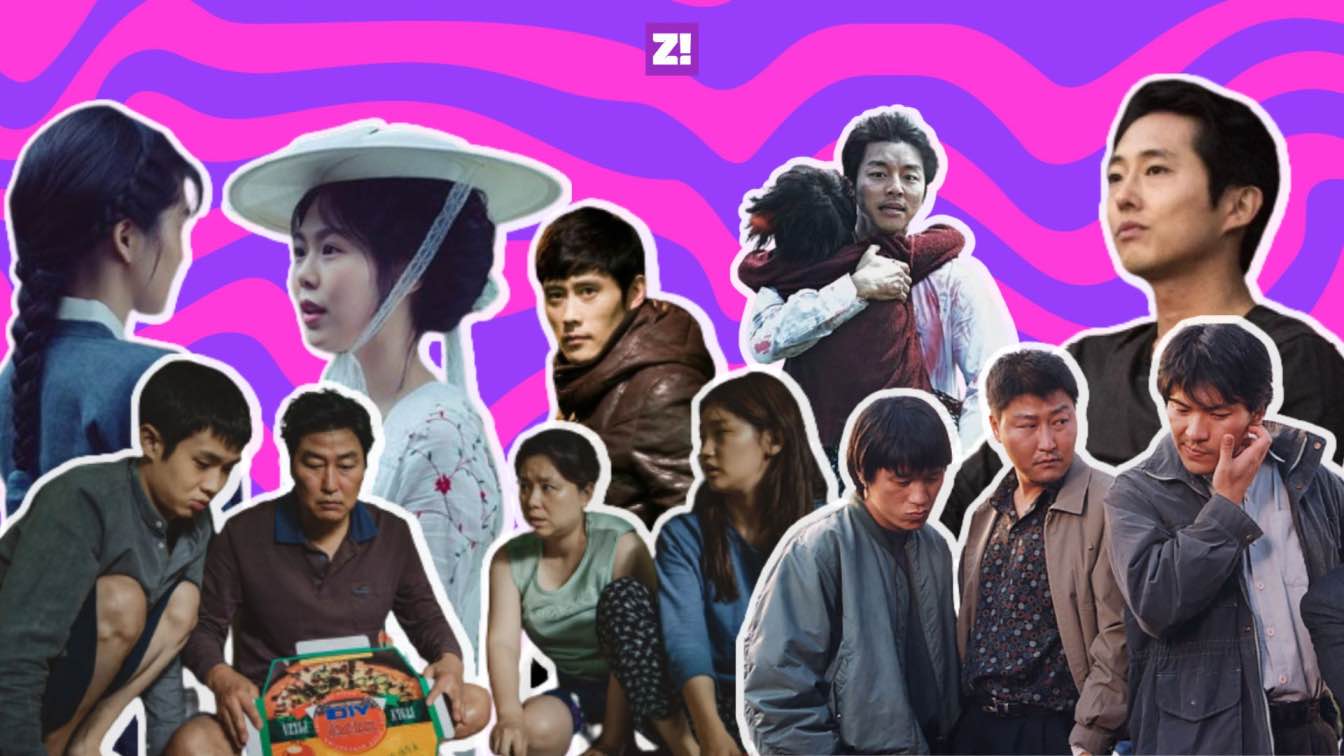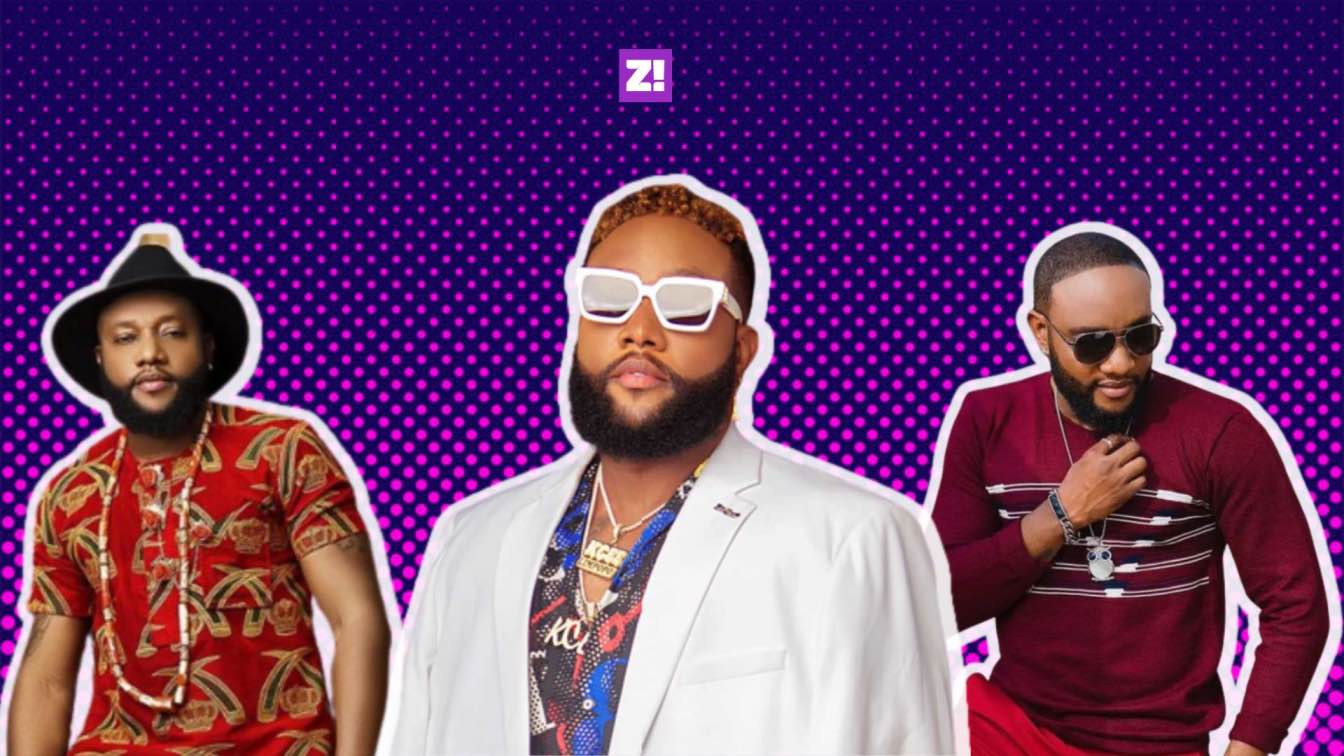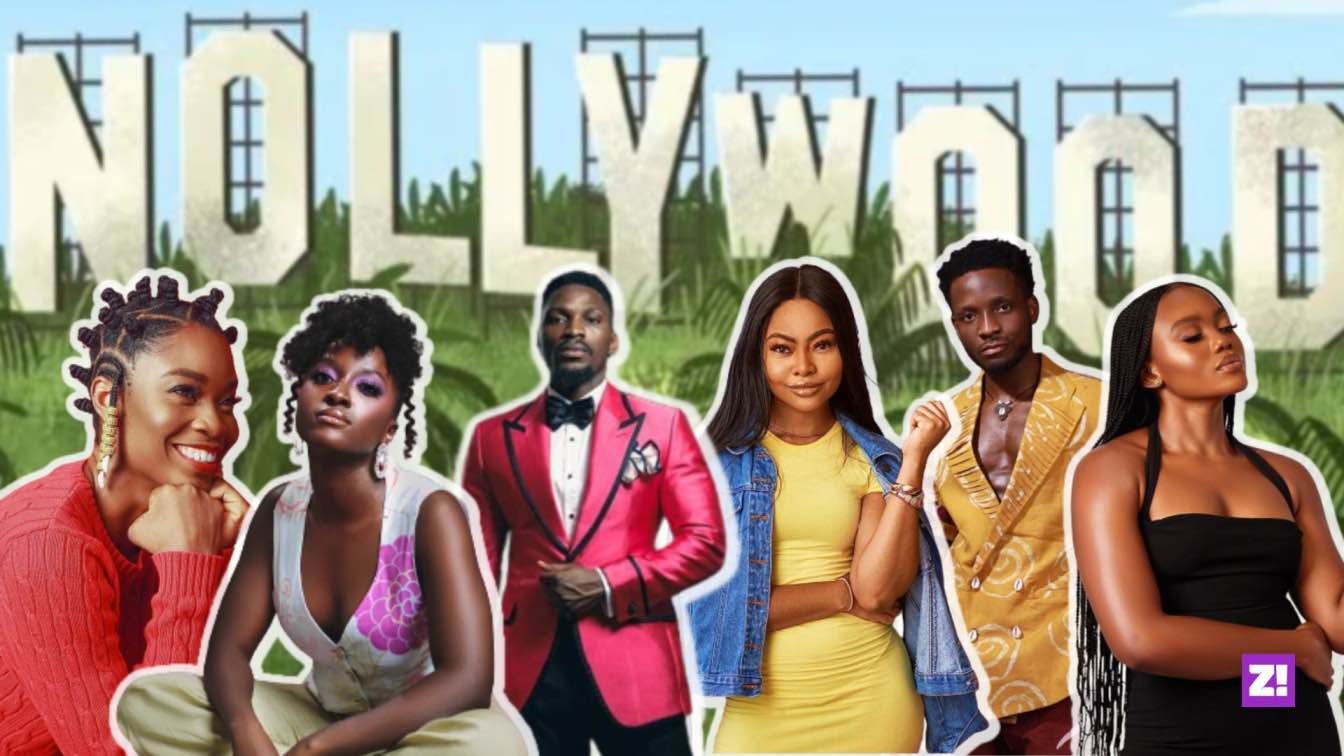What does it mean to be a man? Surely, it’s not one thing. It’s a series of little moments that add up. Man Like is a weekly Zikoko series documenting these moments to see how it adds up. It’s a series for men by men, talking about men’s issues. We try to understand what it means to “be a man” from the perspective of the subject of the week.

Today’s Man Like is Michael Ejoor, an actor and singer known for his roles on AfricaMagic’s Tinsel and Unbroken.
In this episode of Man Like, he talks about dealing with paralysis as a child, being bullied in secondary school and how that sent him into depression, surviving a devastating suicide attempt and how his job helps him escape his problems.
Can you tell me about a moment from your childhood that stood out to you?
When I was six, I got diagnosed with something called Guillain-Barre syndrome. It’s a disease that affects the central nervous system, so I was paralysed for over a year.
What? I’m so sorry.
When I look back, I realise my paralysis was a gradual process. It started when my teachers complained about my handwriting becoming harder to read. I couldn’t hold my pencils properly. Then before I knew It, I started limping.
Didn’t your parents notice?
I remember my mum telling my dad that I was limping at the time, but he was so busy, I don’t think he took it seriously. When he spoke to me about it, I also told it wasn’t serious. It wasn’t until I couldn’t walk or use my arms completely that it finally hit us all that it was real.
Damn. So how did you guys cope?
My mum was really scared. I don’t think I’d ever seen her cry so much in my entire life. As a proper Nigerian mother, she called pastors and all sorts of people to pray for or pray with me. There were so many pastors coming in and out of our house, it was insane. I was always on the floor with people joining hands in a circle and praying for me.
How about your dad?
He didn’t really show a lot of emotion in public at the time, but I’m sure he must’ve in private. He put on a brave face for the family.
Suddenly not being able to walk must have been tough for you as a child.
Oh yes. At the time I loved playing football and it crushed me every time I saw people playing football while I sat in a wheelchair. I mean, a part of me was hopeful that I’d walk again, but it still hurt not being able to do so at that moment.
How were you able to walk again?
Something interesting happened. My family moved to Germany and were there for almost a year consulting with doctors. I was poked and prodded, and I think they even put me on a clinical trial at some point. To be honest, they did a lot before they gave up and decided that I should be moved to a care home. According to their tests, there was no life in my legs, which meant no hope.
Ah?
At that point, I was also sick and tired of being in a hospital. Even though they had given up on me, I knew I was going to walk again.
So you didn’t move to the care home?
No. I randomly started walking again.
What! How?
We were in our flat in Munich, and my little sisters were playing with my wheelchair. For some reason, I just really wanted to push it with them. I still don’t have an explanation for it to this day, but I just got up and took a few steps. Obviously, they weren’t strong and I had to hold on to the wall for support, but they were steps nonetheless. And from then on, I just started to practice and learn how to walk. I grew up a firm believer in God, and I believe he changed my story. The doctors had even said it’d affect my brain and I wouldn’t be able to process things, but I ended up graduating with a first-class in university, and here I am chatting away and being an absolute nuisance.
Ah mad! How did your parents react when they found out?
I can’t express how happy they were. LOL.
There was a glitch where I stopped walking the day we were supposed to fly back to Nigeria, and my mum didn’t shake. She was like, “You’ve walked before; you’ll walk again.”
Tell me about your parents. What’s your relationship with them like?
I’m my mum’s only son, so my mum and I are close. She’s so cool. I was 15 the first time I went to a club, and I didn’t sneak out because she just let me go. Years later, I asked her why she did that, and she said she knew she had raised me well.
I didn’t connect much with my dad growing up. He was just this guy I called “dad”. We’re cool now though.
How did that happen?
I honestly don’t know. It was almost like we just started talking one day and never stopped. I think I grew up and realised what being a Nigerian man was like and understood how men were raised to exist in a certain way. For example, how many people have heard the words “I love you” or “I’m proud of you” from their fathers? Everybody puts up their dad’s picture on father’s day, but if you ask them about things that have to do with one-on-one time, a majority don’t have that. People just expect fathers to be that way.
I also figured that if I wanted a relationship with this man, I had to be open to understanding where he was coming from.
That’s deep. Still on fatherhood and by extension manhood, can you tell me about a turning point in your life that defined your idea of what manhood means?
I would say coming to terms with my mental health struggles. I’m clinically diagnosed with depression, and I’ve had to live on anti-depressants for many years.
I’m sorry. When did you get your diagnosis?
I got diagnosed in 2011 when I was 23 years old. It started when I went to boarding school in Nigeria and was bullied heavily. One time, I was literally thrown down a flight of stairs, and another time, someone put a knife to my neck.
That’s insane.
It really affected me and changed my outlook on life. I would wake up and wish I had died in my sleep. My parents started wondering why my mood was erratic and why I stayed away from other people. I had moments where I would constantly just sit in the dark and there were other times where I cut myself. But they didn’t find out why. I was on antidepressants for over five years.
I’ll say coming to terms with my struggles helped me define my manhood. It helped me understand that I didn’t have to be strong; I could break if I needed to.
You spoke about growing up christian. How did this affect your diagnosis?
People are told that as soon as you find Jesus, your life will be perfect. But even Jesus admits that we will go through troubles. I don’t walk around thinking because I’m a Christian everything will work out for me. But one thing I’ve come to understand is, when there’s a setback, I’ll be better for it in the end and there’s a reason it’s happening.
We decided I should see a professional when I attempted suicide.
I’m so sorry about that.
It’s all right. I was in a bad place. I did crack, got drunk and overdosed on a bunch of pills. They had to pump my stomach to take out over 40 pills. I was so embarrassed because when I woke up, the first face I saw was my mother’s. You’d expect panic, fear or disappointment, but her face was blank. I couldn’t help but think of all the emotions she had gone through before this. The look on her face hurt more than anything. To be honest, I was also thinking, “Why didn’t this work so it’ll all be over?”
It can’t be easy going through this and holding on to a career that demands that you throw yourself into a wide variety of emotions over and over again. How do you cope?
I tell myself I’m normal. Society and my mind might try to tell me otherwise, but I’m normal. Nature has just made me super hyper-attuned with my emotions. There are times when handling everything gets really difficult. I had a mental breakdown which led to a seizure right before a premiere once. I should have stayed back home, but I told myself, “Pick yourself up.” In the end, I left the premiere giddy, without the burden of what I had previously experienced.
Looking at that night, I will say my work helps me manage my depression. I love being an actor; I escape the noise in my head when I become someone else.
That’s an interesting way to experience work. We’ve spoken about navigating your career, how about relationships?
Omo, I just ate breakfast recently. I haven’t been very lucky with relationships.
Ah! Why?
LMAO. Maybe I have a bad character.
Lol. But seriously, why?
I think it’s the right person, wrong timing. I also feel like I have commitment issues. That’s all I will say
Hopefully your future bae doesn’t see this.
Please, they should read it and know now. LOL.
You did an interview with Funmi Iyanda where you went public with your mental health story. Coming from a society where this isn’t really talked about, how did that feel?
It was scary. I almost pulled out that day, but I’m a man of my word and that’s the only reason I went through with it. I was scared that people would treat me differently once they found out. I was also scared it would affect my career.
In retrospect, I would do it over and over again. I saw all the people it helped and to be honest, I haven’t gotten any negative backlash, at least not to my face. Yes, one day it might come up when someone is trying to drag me, but I don’t care. The feedback I’ve gotten so far is that Nigerians can be kind.
For my final question, I’d like to know your greatest fear.
My greatest fear is never making an impact despite all the things I’ve had to go through in life. I don’t want to believe I’d go through everything in my life for it to not have any meaning. God please.




